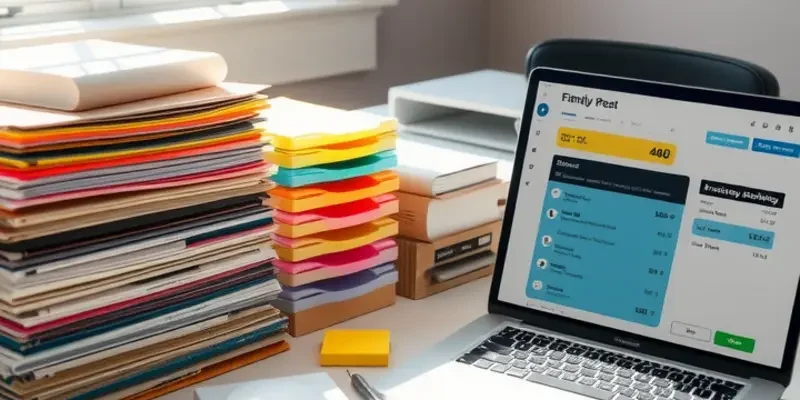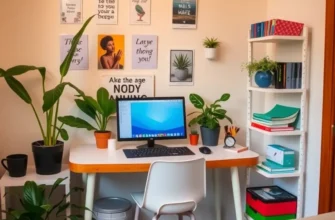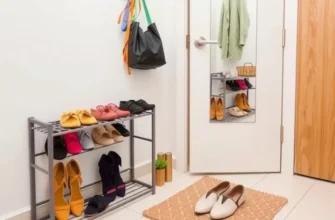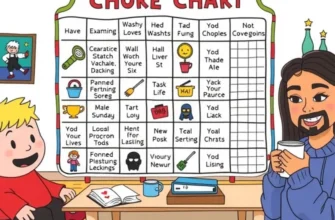Ah, apartment life! You finally find that cozy space with just enough room for your plants and Netflix bingeing, but suddenly you’re drowning in paperwork. Lease agreements, utility bills, rental insurance, and those mysterious “things” you signed without reading—where are they all? Whether you’re a young professional, a couple grabbing the first apartment you’ve seen (hello, those online photos didn’t lie!), or a family making your dreams come true, staying on top of apartment paperwork is essential for peace of mind. Much like how keeping your fridge tidy helps you maintain a healthy diet (no more expired takeout lurking in the back), organizing your paperwork can help you avoid stress when it’s time to sign or face those unexpected landlord queries. So, let’s roll up our sleeves, grab a stylish filing cabinet or some eco-friendly folders, and dive into the delightful world of decluttering your documents!
The Paper Trail: What’s Worth Keeping?

When it comes to managing your rental life, sorting through paperwork can feel like an insurmountable task. The goal is to discern what’s essential to keep and how to organize it efficiently. Let’s break it down.
1. Identify Key Documents
Renters should prioritize a few critical documents: Lease Agreement, Proof of Renters Insurance, Rental Receipts, and Emergency Contacts. Each plays a significant role in maintaining a straightforward renting experience.
Lease Agreement: This is your binding contract defining the terms between you and your landlord. Keep a copy easily accessible, perhaps scanned and stored digitally. It outlines your rights and obligations, and you’ll need it if any disputes arise.
Proof of Renters Insurance: In case of theft, damage, or personal liability incidents, this document is crucial. Store both a digital and physical copy. Some insurers also provide advice on maintaining safety in apartments. See tips on safety habits.
Rental Receipts: Essential for confirming payments, especially in disputes about missed payments or billing errors. Keep electronic records in folders categorized by year.
Emergency Contacts: List contacts such as your landlord, maintenance, and local services. This list should be visible in your apartment, ensuring immediate access during emergencies.
2. Sort the Clutter
Sorting paper can seem daunting, but using a systematic approach makes it more manageable. Start by dividing your documents into broad categories. Begin with Time-Sensitive Papers, like notices or appointment reminders. Once categorized, prioritize them based on urgency to avoid missed deadlines.
3. Embrace Digitization
Consider going paperless for items not required in physical form. Use a reliable scanner app on your phone to digitize paperwork, ensuring it’s backed up on cloud storage. This not only saves space but also safeguards your documents against physical damage or loss.
4. Storage Solutions
Utilize folders and label them by category, like “Leases” or “Utility Bills.” Designate a specific drawer or binder—preferably one that’s easy to reach—for paper documents. Compact storage boxes or filing organizers can prevent clutter from spreading.
5. Regular Maintenance
Once organized, maintain the system with regular check-ins. Establish a routine—perhaps monthly—for purging outdated or non-essential papers. This habit will keep your space tidy and documentation current.
Following these steps, you’ll transform piles of paper into a streamlined, efficient system. Not only will your workspace breathe easier, but you’ll also feel the mental clarity that accompanies an organized life. Remember, taking time now greatly benefits your peace of mind later.
Hassle-Free Hacks: How to Keep Everything Accessible
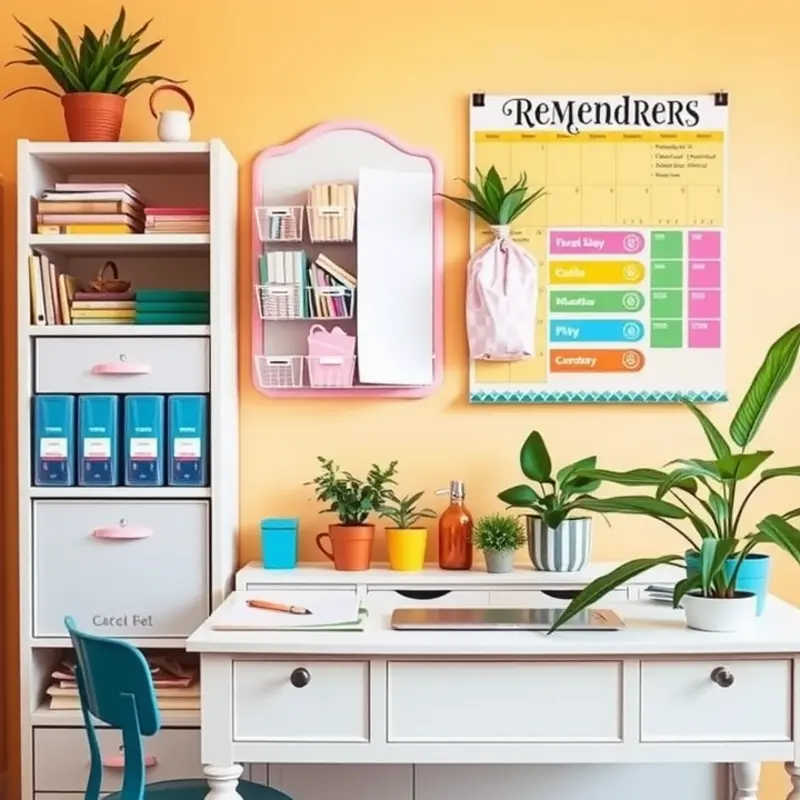
Transforming your cluttered apartment into a streamlined sanctuary involves more than just the aesthetic. Achieving tidy tranquility entails handling that one thing we all dread: paperwork. However, turning the mundane task of managing documents into an engaging activity can be surprisingly simple with a few creative hacks.
Embrace Color-Coding: Using colors can be an incredibly effective way to categorize your documents. Assign different colors to various types of paperwork, such as financial, personal, or medical documents. Brightly colored folders or tab dividers can help you visually differentiate categories at a glance. Once your system is in place, finding that utility bill becomes a breeze.
The Binder System: Invest in a few sturdy binders to organize important documents. Label each binder clearly and divide it into sections using tabs. A comprehensive binder dedicated to rental documents can save you headaches when your lease terms need quick confirmation. This technique keeps your documents in a neat, centralized location while remaining easily accessible.
Go Digital, Wisely: Digitize your most crucial documents to reduce paper clutter, but remember, not every document needs to be scanned. Focus on receipts and bills with specific due dates or contracts you frequently refer to. Use a labeling system in your cloud storage similar to your physical color-coding. Just ensure you back up these files regularly, allowing for quick retrieval from anywhere.
Repurpose Household Items: Thinking outside the box can bring functional flair to document management. Consider using a decorative letter holder or file box on your kitchen counter to store incoming mail and urgent paperwork. This approach not only reduces clutter but also adds an element of pizzazz to your organizing tools.
Regularly Scheduled Purges: Allocate time each month to declutter paperwork. Use this opportunity to shred obsolete documents and update files. Incorporating this routine prevents your organization system from spiraling back into chaos. This regular maintenance means that the next time you search for your latest pay stub, you can find it without fuss.
Create a Go-To Station: Establish a single, central spot in your apartment for organizing supplies. Include items like scissors, tape, a stapler, and extras like stamps or envelopes. Having everything ready and at hand makes dealing with documents as pleasant as possible. You’ll be less likely to procrastinate handling paperwork when all essentials are gathered in one easy-to-access location.
Integrate Fun into the Process: Incorporate some fun into your organizing routine by playing a motivational playlist or rewarding yourself with a favorite snack once the task is completed. This can lessen the dread associated with paperwork and encourage more consistent management.
For more tips on how to organize your living space creatively, including ideas on using baskets for optimal apartment organization, check out this guide on apartment organization with baskets.
Final words
There you have it! With just a sprinkle of organization and a dash of creativity, you can transform your apartment paperwork into an effortless experience. Being a young renter, a couple, or a family doesn’t have to mean living in a paper jungle. Instead, it can be a colorful, well-managed oasis where you find joy in both living and “adulting.” So, gather those scattered documents, give them a proper home, and enjoy peaceful apartment living without feeling buried under your paperwork. Remember, when documents are organized, you’re left with more time to explore your neighborhood, binge-watch your favorite series, or simply relax and enjoy the space you’ve made yours!

